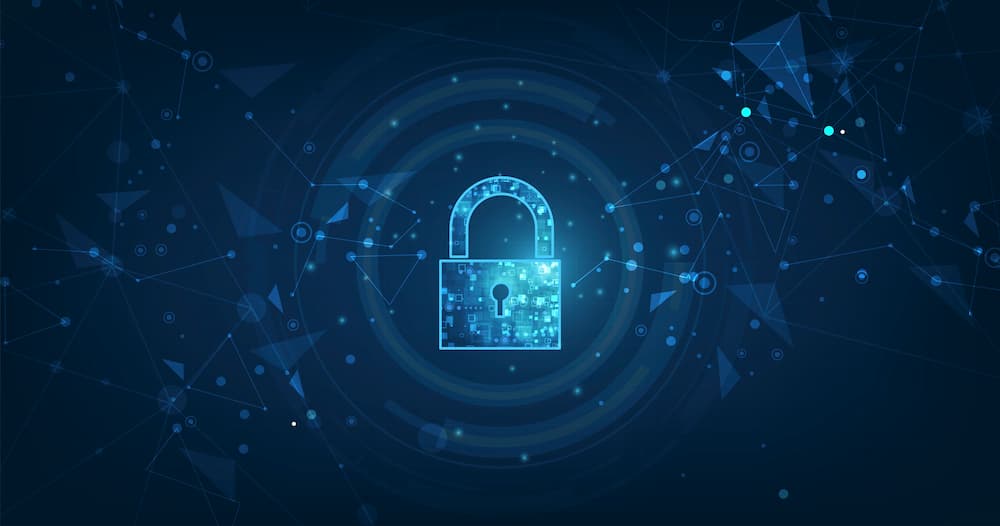You can keep your company’s data well protected with Remote Backup. Secure passwords are also important, whether at work or at home.
More of our everyday life, from shopping to banking, from paying bills to playing games, is done online. Trying to keep track of a dozen complex passwords, however, is the digital equivalent of herding cats.
The one-person, one-password approach is not the answer. If hackers get that password, they get them all.
There are better strategies for password security:
1. Password vaulting. A master password gives you access to an encrypted database containing all of your passwords. There are several popular vaults, some are free downloads, and many can automatically fill in your password information when you are online.
2. Make a list. Create a password-protected Microsoft Word document or Excel spreadsheet. This way you only have to remember one password.
3. Write it on paper. The old-fashioned approach – a sheet that lists all your passwords – is fine depending on who uses it. If you’re a college student living in a dorm, it’s not a good idea. If you live in your own home with no roommates, however, and you keep the list somewhere secure, it is a good solution.
Whatever approach you use, it is important to change your passwords from time to time; experts recommend every 90 days. The safest passwords don’t use any recognizable words, which are vulnerable to hackers.


